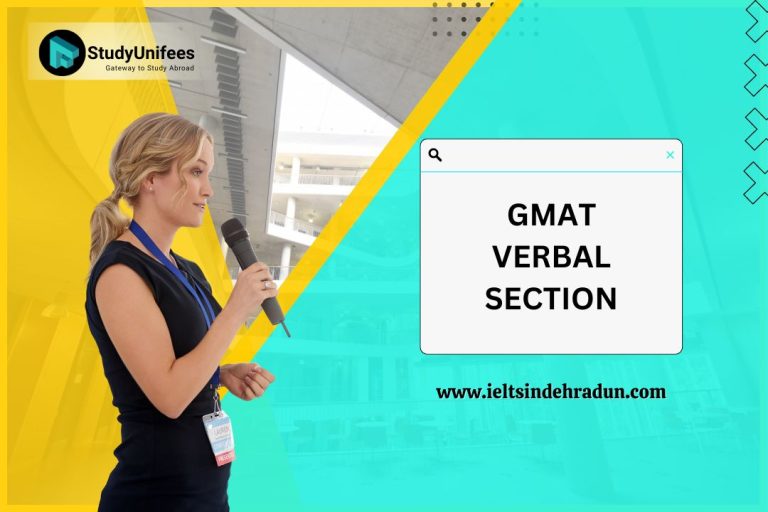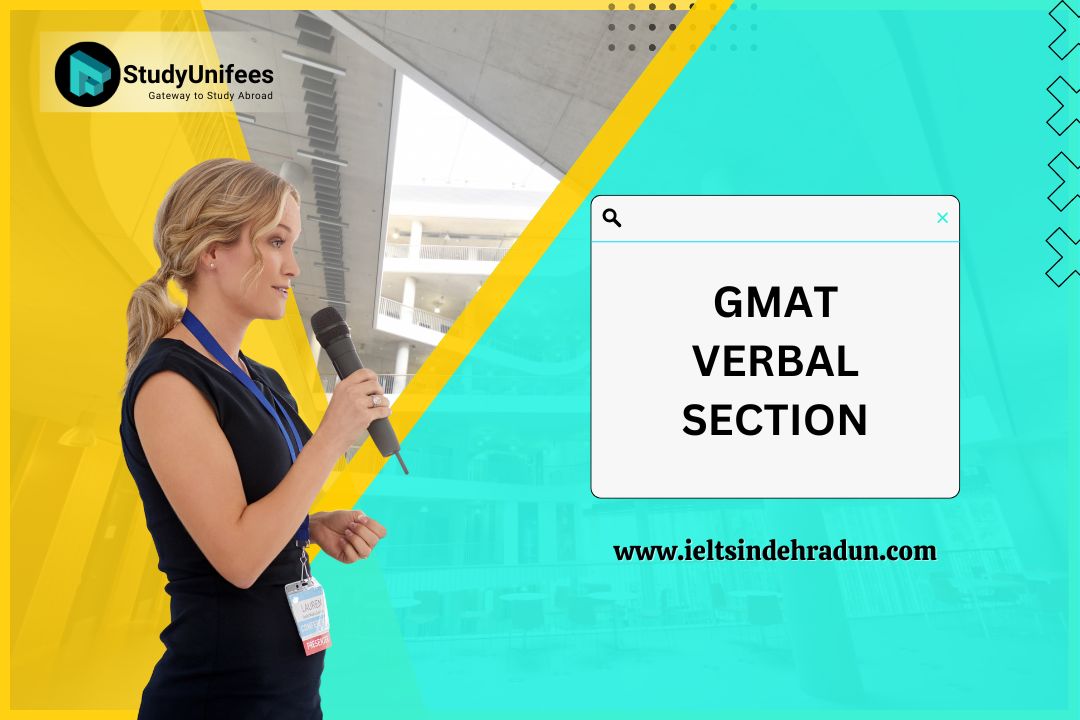 IELTS in Dehradun
IELTS in Dehradun
- Home
- About Us
- Test Preparation
- Study Abroad
- IELTS Materials
- Cue Card
- Cue Card 1: Describe a movie you watched recently that you felt disappointed about.
- Cue Card 2: Describe a historical period you would like to know more about.
- Cue Card 3 : Describe an actor or actress whom you admire.
- Cue Card #4 Describe a person you know who likes to talk a lot.
- Cue Card #5 Describe something that was broken in your home and then repaired.
- Cue Card #6 Describe a book that you have read many times.
- Cue Card #7 Describe a Job You Would Not Like to Do in the Future.
- Cue Card #8 Describe a famous scientist or inventor from history.
- Cue Card
- Blog
- Contact
- Call +918006004434
- Home
- About Us
- Test Preparation
- Study Abroad
- IELTS Materials
- Cue Card
- Cue Card 1: Describe a movie you watched recently that you felt disappointed about.
- Cue Card 2: Describe a historical period you would like to know more about.
- Cue Card 3 : Describe an actor or actress whom you admire.
- Cue Card #4 Describe a person you know who likes to talk a lot.
- Cue Card #5 Describe something that was broken in your home and then repaired.
- Cue Card #6 Describe a book that you have read many times.
- Cue Card #7 Describe a Job You Would Not Like to Do in the Future.
- Cue Card #8 Describe a famous scientist or inventor from history.
- Cue Card
- Blog
- Contact
- Call +918006004434

